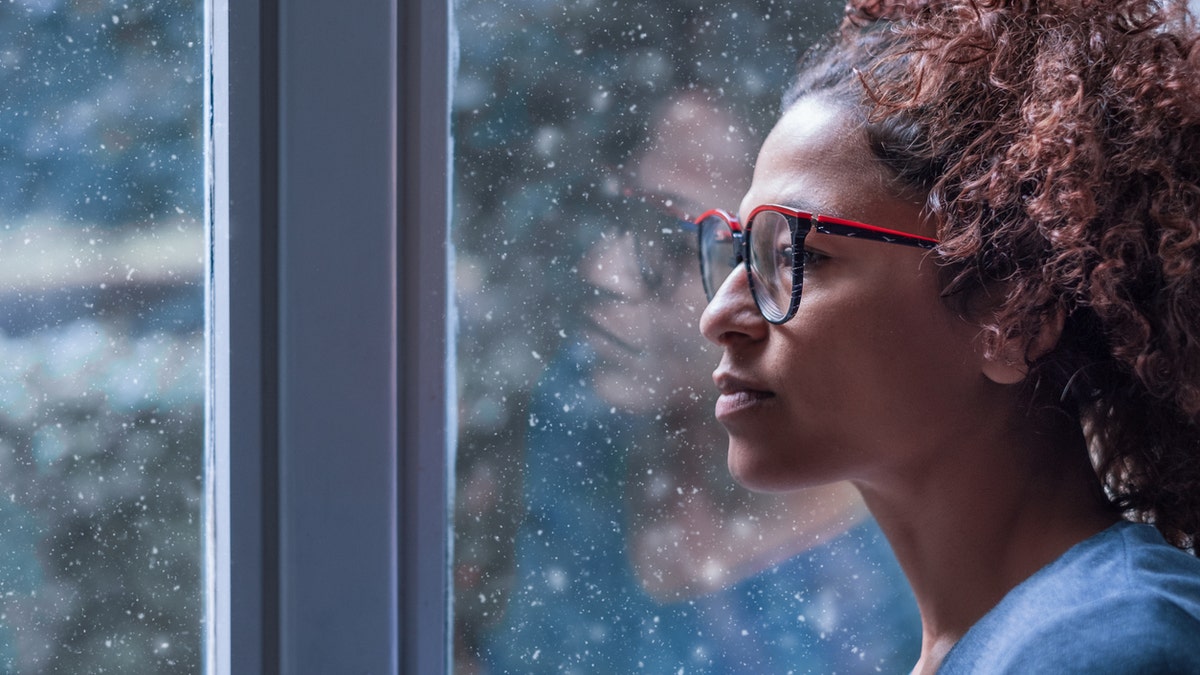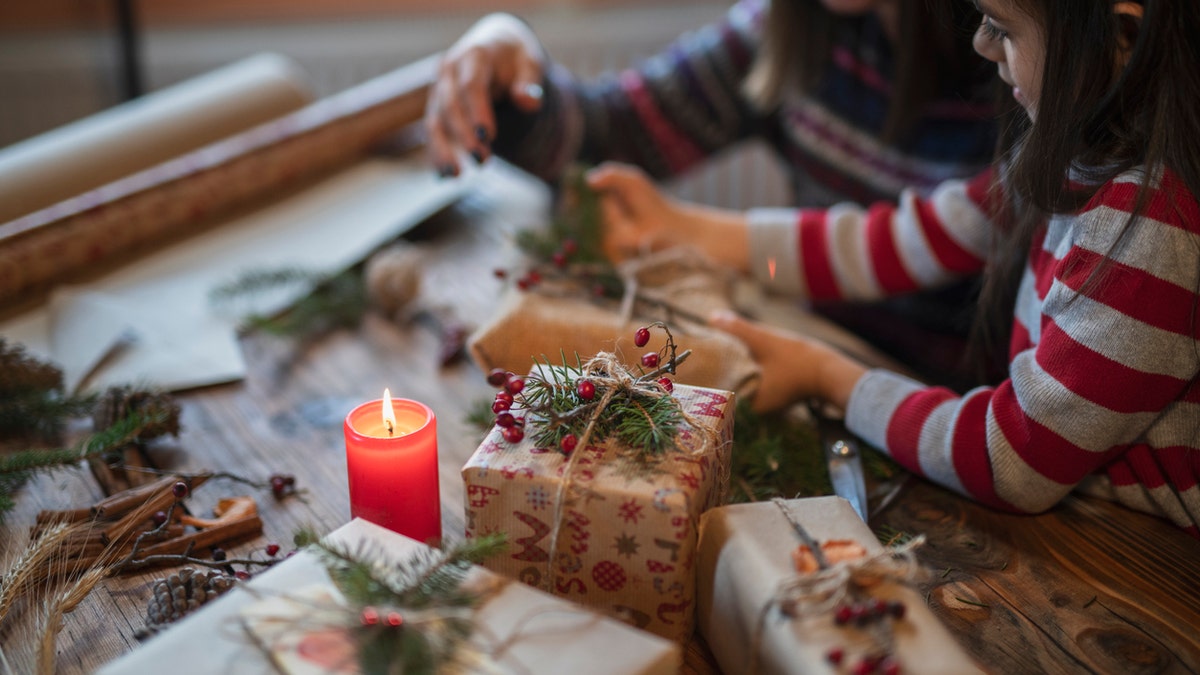Fox News Flash top headlines for December 22
Fox News Flash top headlines are here. Check out what's clicking on Foxnews.com.
The holidays typically carry along some stress and chaos, but the novel coronavirus pandemic presents unique challenges for this year’s festivities.
The world has experienced staggering loss in 2020, and many will, unfortunately, bring that burden of profound grief into the holiday season. Because of this, top psychologists recently shared their best tips to combat holiday-related stress compounded by the health crisis.
A top expert at Johns Hopkins said a good place to start is by acknowledging that there may be unpleasant and mixed emotions this year.
HELPING KIDS COPE WITH CORONAVIRUS-RELATED CHANGES AMID HOLIDAY SEASON

iStock
"Make space for them and acknowledge them," says Neda Gould, clinical psychologist and assistant professor at the Johns Hopkins University School of Medicine. "We can hold both pleasant and unpleasant emotions simultaneously and by doing so we can free up energy and build resilience."
Another psychologist noted that there will be many missing faces around the table this year, either due to loss or because of safer virtual gatherings.
"It's important to name it and realize that what you are experiencing may be a symptom of grief," says Susan Bowling, a psychologist with the Cleveland Clinic. "Share your feelings as many people this year are experiencing loss in many different ways."
KIDS ARE ASKING SANTA 'TO TAKE AWAY COVID' FOR CHRISTMAS
Bowling also suggested families discuss expectations for the holidays this year amid distressing financial circumstances for many.
"It's okay to think outside the box and give other kinds of gifts this year. People give and receive love in many ways that don't cost any money," she said, suggesting an act of service, like helping cross off items on a to-do list (e.g. clean their pantry or fix their landscape), or a handwritten card with 20 things you love about a significant other.
Aside from the basics, like proper sleep, exercise and nutrition, the psychologists all advised it may be helpful to unplug for a while.
"It’s good to be informed, but at some point, it can be too much of a good thing," says Craig Sawchuk, psychologist at the Mayo Clinic. "A reasonable dose of media exposure may be 30 minutes once to twice per day. It’s enough to stay informed, but not so much that it adds to the weight of our distress."
ARE YOU ALLERGIC TO YOUR CHRISTMAS TREE?
In addition, experts suggest finding ways to deliberately bring humor and happiness back into our lives through music, movies, crafting, baking or doing good deeds for others.
"Look for things that will generate positive emotions," Sawchuk says.
Similar to advice amid the anxiety-fueled election season, experts say focusing on the present can reset the mind and interrupt a cycle of negative thoughts.
"Try using your senses to help stay more present-moment focused – what do you see; what do you hear; what do you feel? Taking an observer, descriptive approach can help you stay more grounded in the here and now," Sawchuk said. Several deep breaths may also help to ground in the present moment, Gould says.

iStock
Finally, experts say it’s OK not to feel OK right now.
"Many are struggling with significant hardships, have endured incredible losses, and face an uncertain future," Sawchuk said. "Grief, sadness, anger, and anxiety need to be honored."
On another note, many leaders and health officials have described the recently-authorized coronavirus vaccines as "lights at the end of the tunnel" or "a beginning to the end of the pandemic," which spark hope and optimism for many. Though the fight is not over yet, actions on an individual-level to wear masks and practice social distancing, avoid crowds and wash hands, can make a tangible change to the course of the pandemic, top officials say.
"As we journey to the other side of the pandemic, know we will get there, know there are front-line workers and health care providers who will help us get there, and know that your family, friends, neighbors, and coworkers will be there for us," Sawchuk concluded.









































